Many years ago I was struck by the title of a book: “All quiet* on the western front”. Quite a beautiful title to define a book before even reading it. It’s the story of a static and distressing dimension in a terrible war scenario, the First World War. In the book some deep dimensions of human beings seem to remain always the same, in their rapid vortexing around the tragic experience of war: “nothing new”.
This is the premise which describes by contrast what is happening in the Novitiate. Once again, for the umpteenth time, everything has changed.
So it was that after for the departure and the return from the Ignatian experiments, during the first year, the community changed. So it was that during the summer experiences, finding ourselves once again in Genoa, the community changed. So it was that through the ordinary and extraordinary times and their difficulties, the community has changed.
And now? After the vows of the novices of the second year, the preparations for their celebration, the arrival of their families, the ceremony, the community has changed.
But in what sense has it changed? There were no changes in our way of proceeding or in the rules of the house. It is not even the emotions that we have experienced in the separation from a companion who left for Rome or in welcoming a person yet to be known.
I am not referring to all this, I am referring to the mystery of the community. The community is a mystery like a human being, like a body made up of many bodies. It doesn’t matter how independent or rebellious we are, how we see ourselves in the mirror and the depth of our most authentic desires. It is through this iridescent prism that we experience our life. They are people and hands and faces that together make one. The result is not always romantically beautiful, actually often it isn’t. It is flesh and sweat, fatigue and beauty, like moving house, when it is finished. The simile just came to me like that, sorry.
In a moment as beautiful as this for us let me say that I had never lived such an extraordinary and rich experience, tiring because it pushes me beyond myself. It did me good. I wish it to everyone, because all human beings should have the right to live such an experience, in the forms possible in their existence.
*In Italian, this title is translated as “Niente di nuovo sul fronte occidentale” which literally means “Nothing new on the western front”

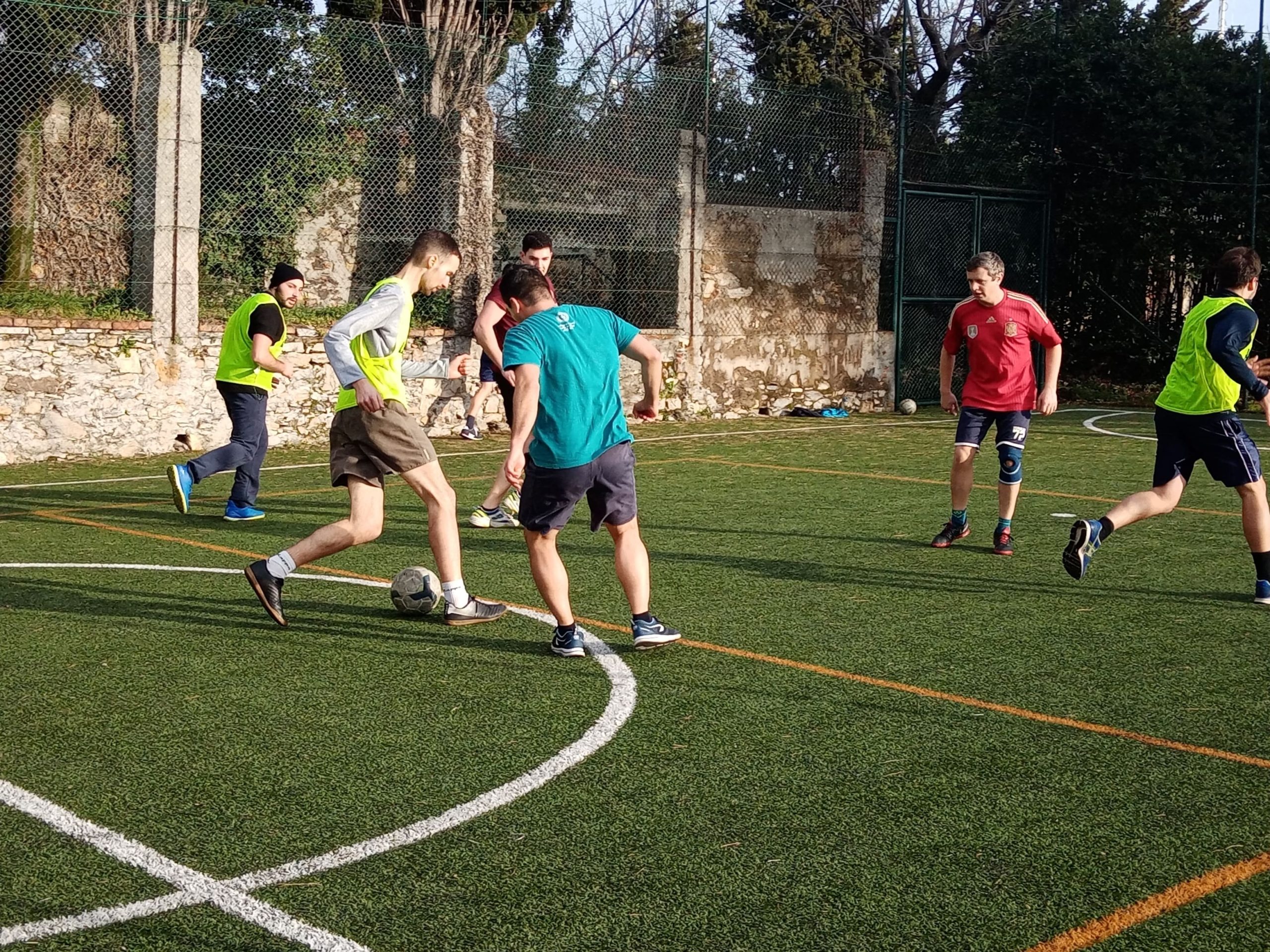
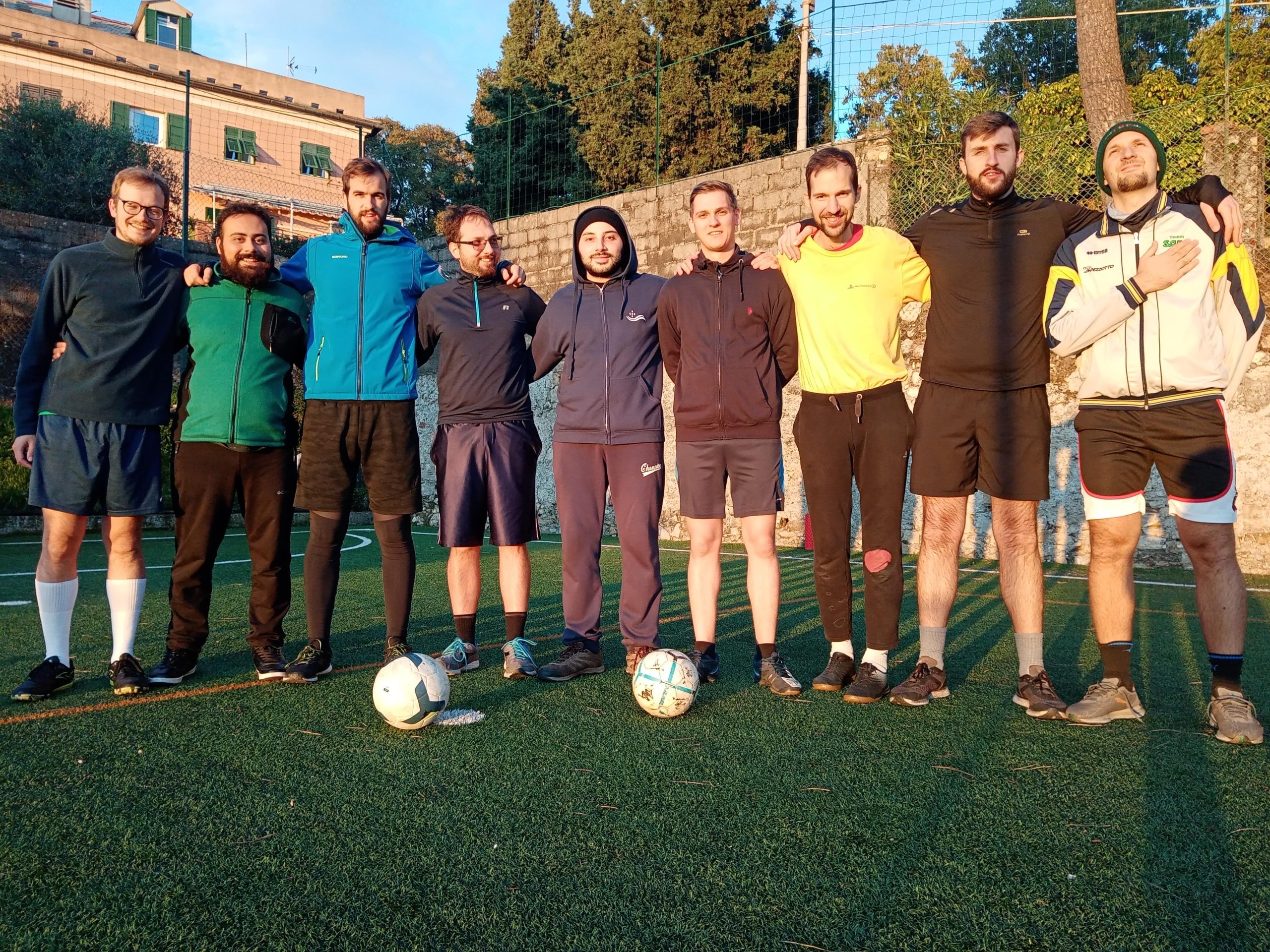

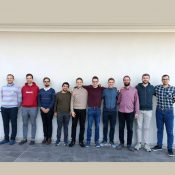

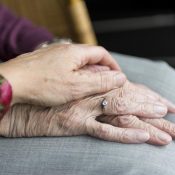
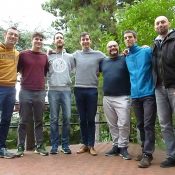


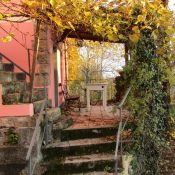
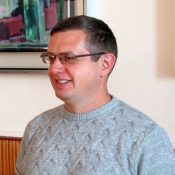
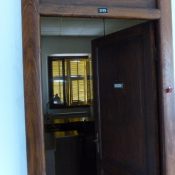

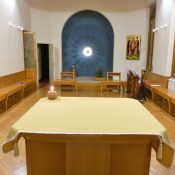


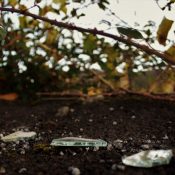
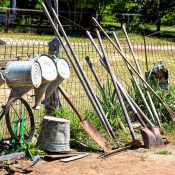






Comments